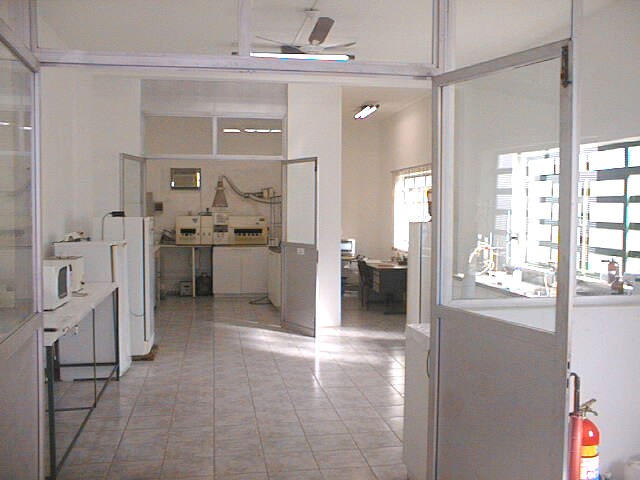
Innovative project reaches the second phase with approval from FAPESP
The PIPE-FAPESP program recently approved the second phase of the project proposed by FOXWATER , through the Biotechnology consultant, Dr. Elisangela Franciscon.
This is a research that started in 2020, with the search for the feasibility of producing a bacterial formulation for removing NH 3 , BOD and color in leachate from landfills,
The second phase approved by FAPESP is for the development of the formulation and the biotechnological product.
THE FIPE-FAPESP PROGRAM
As described on the institution’s website, the FAPESP Program for Innovative Research in Small Companies (PIPE) is intended to support scientific and technological research carried out in startups and small innovative companies in the State of São Paulo.
Among the main objectives are:
- Support research in science and technology as an instrument to promote technological innovation, promote business development and increase the competitiveness of small companies.
- Increase research’s contribution to economic and social development.
- Induce an increase in private investment in technological research.
- Enable companies to associate with researchers from the academic environment in research projects aimed at technological innovation.
- Contribute to the formation and development of technological development centers in companies and to the employment of researchers in the market.
THE FOXWATER PROJECT
In order to carry out the Project “Feasibility of producing a bacterial formulation for removing NH 3 , BOD and color in leachate from landfills”, the bacteria were isolated from the leachate itself and, in the laboratory of the FOXWATER technological center , using techniques of selection; these had their ability to degrade these compounds increased.
Along with other nutrition inputs, these bacteria will make up a biotechnological product to treat this type of effluent, which is extremely toxic and polluting the environment.
This project was selected, among several from other companies in the state of São Paulo, which also submitted to PIPE-FAPESP and FOXWATER was contemplated with non-return financing for us to develop the product.
The successful results obtained in the FASE I-PIPE, enabled the continuation of the PIPE FASE-II project, which aims at application in the pilot phase and in the field, allowing the production and registration of efficient biotechnological products to treat and reduce recalcitrance and toxicity of landfill leachate without impacting the site to be treated with exotic microorganisms that may be invaders.
The product resulting from the research will enable the production in Brazil of a product, until then, imported and, therefore, of reduced use by companies.
This research and its developments will have very positive impacts on the market, in terms of sustainability, reduction of import costs and continued use of bioremediators.
MEET THE EXPERT

Elisangela Franciscon Guimaro Dias graduated in Biological Sciences in 1997 and, in the following year, became a specialist in the area of effluent treatment and microbiology of activated sludge. Concluded, in 2005, a Master’s Degree in Food Science (Microbiology, Environmental and Effluent Treatment), at the State University of Campinas – UNICAMP (2005) and, at the same institution, a Doctorate in Food Science (Microbiology, Environmental Biotechnology) 2010 He also completed a PhD in (Enzymatic Biotechnology) at the University of Minho, Portugal.
She was a collaborating professor in the undergraduate course in Food Engineering at UNICAMP, teaching the disciplines of General and Applied Microbiology to Food, Microbiology of industrial processes (2009).
She was a postdoc and collaborating professor in the undergraduate course in Environmental Control and Environmental Engineering at the Faculty of Technology of the State University of Campinas, UNICAMP-Limeira, teaching the theoretical and practical disciplines of Biology I, Biology Applied to Sanitation, Environmental Control I, Ecology Applied to Sanitation and Environmental Ecotoxicology.
He did a Post-Doctorate in methodologies applied to water analysis, at the Center for Environmental Biotechnology at the University of Tennessee, in the United States, in 2013.
She is currently a consultant in Environmental Biotechnology at the company FOXWATER , main researcher and coordinator of the PIPE-FAPESP Project, on the Development of Bacterial Formulations for the removal of NH4, organic load and color in leachate from landfills.
Practice Areas : Environmental Microbiology, Treatment of aerobic and anaerobic industrial effluents, landfill leachate, bioremediation, bioaugmentation and biostimulation in contaminated environments and Aquatic Toxicology.
